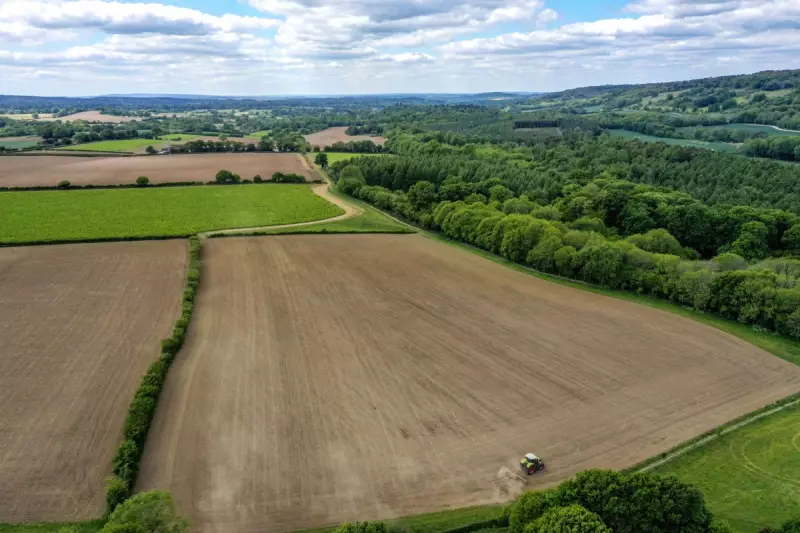
A stark divide in public funding is forcing households in the English countryside to pay more for less, effectively subsidising urban areas to the tune of billions, a major new report has uncovered.
The study, conducted by the County Councils Network (CCN), reveals a deeply unfair 'postcode lottery'. Residents in rural shire counties are burdened with significantly higher council tax bills yet receive far inferior services compared to their urban counterparts.
The Numbers Behind the Imbalance
The analysis presents a compelling financial case. On average, a Band D property in a rural authority area faces an annual council tax bill of £2,152. This is a staggering £129 more than the £2,023 paid by a similar household in an urban area.
This discrepancy is even more pronounced when compared to London, where residents pay nearly £130 less than those in the countryside.
Fewer Services for a Higher Price
Paying more does not translate to better services. The report highlights a severe deprivation in rural communities:
- Less spent on social care: Rural areas receive approximately £95 less per person for adult social care.
- Funding gap for children's services: A shortfall of around £70 per child exists.
- Poor public transport: Sparse and expensive bus services leave many residents isolated.
- Road maintenance neglect: Country lanes and rural roads are often in a worse state of repair.
This creates a perfect storm where residents are left "paying more and getting less in return," as summarised by the CCN.
The Call for a Fair Deal
The CCN is now urging the next government, regardless of its political colour, to initiate a fundamental overhaul of the local government finance system. Their demands are clear:
- A significant increase in overall funding for rural councils.
- A reform of the funding formula to properly account for the higher costs of delivering services across sparse geographical areas.
- A commitment to long-term, sustainable financing to allow for proper planning and service provision.
This report sends a clear message to Westminster: the current system is broken and is failing millions of taxpayers who form the backbone of rural England. The fight for a fair share of funding is now a central issue for counties across the nation.





